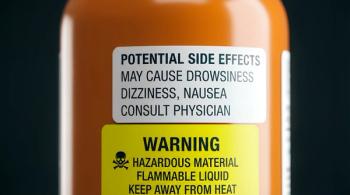
Developing Malaria Drugs: 'Open Science' Project Steps Up For Neglected Disease
Pharma has had little incentive to develop drugs for diseases such as malaria, which killed more than 400,000 people last year.
The lack of incentive for the pharmaceutical industry to develop drugs for
For the past 5 years, an international consortium of researchers have been a part of this unique “open science” project for malaria drug discovery. More than 50 researchers from 21 organizations in 8 countries have added their research to the project.
In developing countries, malaria remains as one of the world’s leading causes of mortality. Last year alone, it killed more than 400,000 people, most of which were young children.
Currently, the gold standard treatments for malaria are based on the compound artemisinin, which was developed in China in the 1970s, combined with a partner drug. Unfortunately, treatment resistance has already emerged in some parts of the world, and if the resistance continues to spread there will be no viable replacement treatment options.
The project started with a large set of potential drug molecules that were made public by GlaxoSmithKline. Individuals from around the world who were willing to contribute were welcome to share their data and collaborate by adding comments to an electronic notebook as part of the Open Source Malaria Consortium.
Scientists participated in various tasks, with some designing and synthesizing new generations of the antimalarial compounds, and others who ran assays and interpreted the results. Those who participated did so by choice, with scientists ranging from professors to undergraduates, all of which agreed that no one would individually seek patents to protect their contributions.
Although the current results published in ACS Central Science were promising, authors noted that it is only the beginning, and continue to welcome additional contributions that are also researched openly and collaboratively.
Newsletter
Stay informed on drug updates, treatment guidelines, and pharmacy practice trends—subscribe to Pharmacy Times for weekly clinical insights.

































